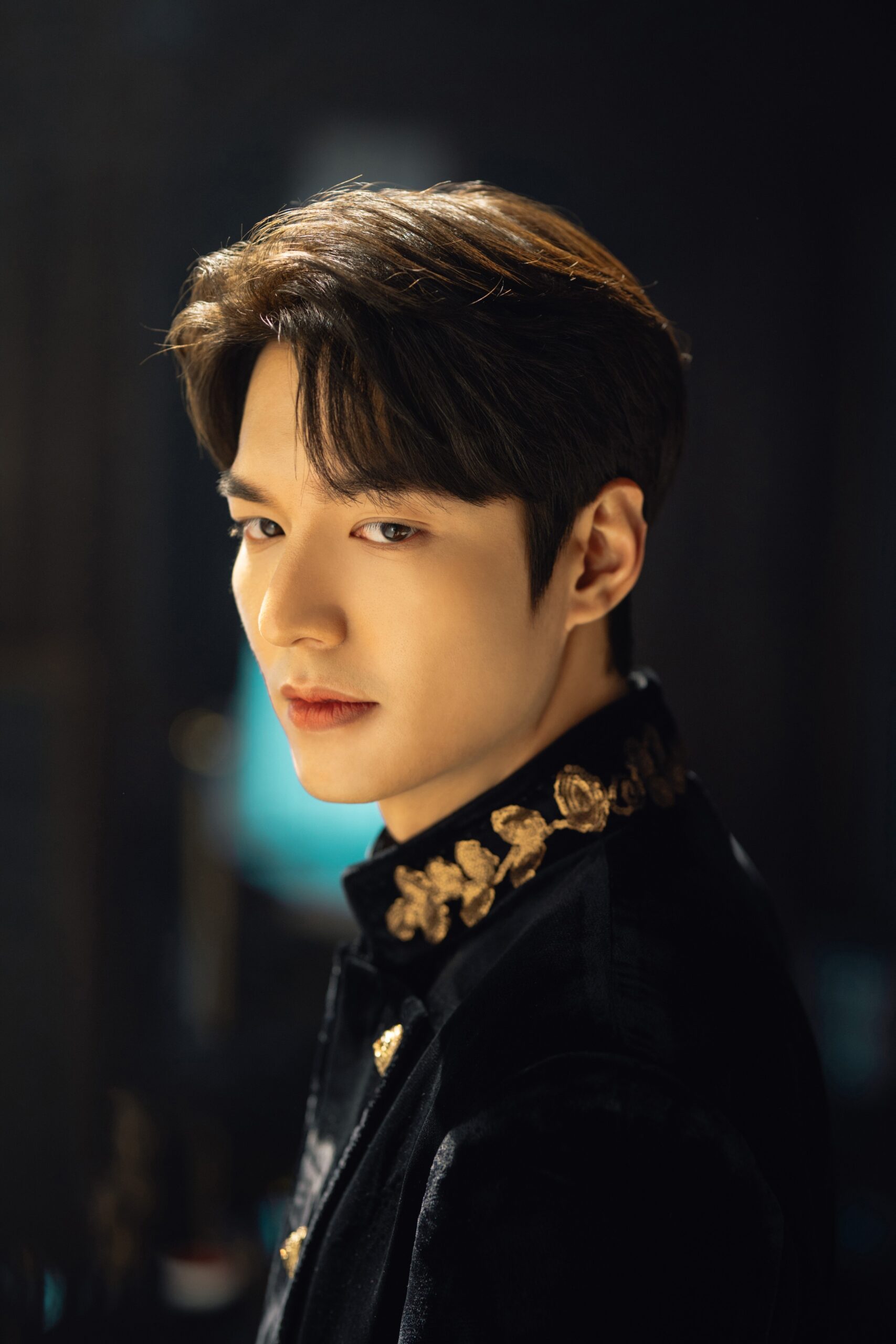
The King: Eternal Monarch 더 킹: 영원의 군주
Written by Kim Eun-sook | Directed by Baek Sang-hoon, Jung Ji-hyun & Yoo Je-won
Developed by Studio Dragon
After watching Pachinko, Lee Min-ho quickly became a must-watch presence on my screen. Naturally, I was drawn to The King: Eternal Monarch, especially with Kim Eun-sook—the visionary behind the emotionally layered Mr. Sunshine and the unflinching The Glory—at the helm. On paper, it felt like a perfect storm of talent and storytelling. Yet as I moved through the series, I found myself wishing for a deeper emotional and socio-political undercurrent—something more grounded to anchor the grandeur of its premise.
The show embraces the ever-intriguing concept of parallel universes, unfolding a story of star-crossed lives navigating the delicate threads of time and identity. The premise is rich with potential—philosophical, emotional, even spiritual. But while the ambition is admirable, the execution at times feels diffuse, as though stretched across too many dimensions at once. Still, if you approach it with curiosity rather than critique, there’s much to appreciate—its visual elegance, expansive world-building, and the occasional flicker of emotional resonance that lingers.
One of the most unexpectedly moving dynamics in the series is the bond between Lee Min-ho and Maximus, the horse played by Benjamin. Their connection offers a quiet, grounding intimacy—one that often eclipses the more expected romantic beats. In these moments, time seems to slow. We’re reminded that not all relationships need explanation to feel real; some simply exist, steady and wordless, and that is their power.
The King: Eternal Monarch may not reach the narrative depth I hoped for, but it offers its own kind of escape—a dreamy, visually rich world where timelines blur and love, in its many forms, tries to make sense of the chaos. Sometimes, that’s not only enough—it’s exactly what we need.
Image courtesy of Netflix
Comments are closed.